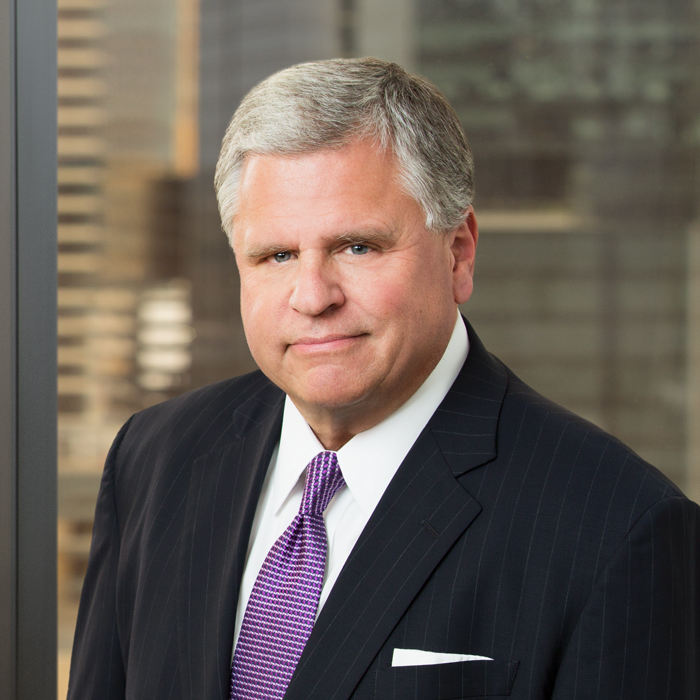By Stacy Allen
As I wandered among the throngs crowding Sixth Street during this year’s South-by-Southwest film and music festival in Austin, I was struck by the extraordinary creativity which is the product of our American (and uniquely Texan) experiment in free expression. It was a cacophony of sights and sounds — at once exhilarating and mind-numbing — and a microcosm of the culture, both good and bad. And for me, at least, a confirmation of why censorship in whatever form (whether by law or an insidious kind of societal or political “correctness”) is ultimately in no one’s best interest, no matter how compelling the needs of the moment may seem.
While the presence of hundreds of police officers clustered on side streets could not be missed, the presence of a police state was nowhere to be found. Instead, unbridled creative energy and exuberance were left unchecked to flourish everywhere. George Carlin’s “filthy words you can’t say on the radio” (FCC v. Pacifica Foundation) were on full display, in the form of song lyrics blaring from bars and T-shirts worn by the fans. While I did not appreciate that kind of expression as much on the night I brought my teenage daughter with me, I could not deny that stifling the one would inevitably restrict the others. I guessed that the thousands who had come from across the world to be part of the scene, from places which do not enjoy all our freedoms and where the police do not stand idly by, were reveling in the fact that their “underground” was instead out in the open for all to experience. If excesses, bad taste, and some bad music are the price we must pay to enjoy the wealth and diversity of expression which our laws protect, then it is a small price.
Our Austin office is fortunate to enjoy a robust media, entertainment, and IP practice which affords us the opportunity to support and defend the rights of those who would express themselves to be heard.
Expression, whether artistic, journalistic or political, is under increasing attack in ways that evolve as quickly as the technologies and media which enable that expression. Some are heavy-handed (like subpoenas and contempt citations), while some are more subtle. I had feared that the commercialization and corporate sponsorship which has accompanied the growth of South-by-Southwest would squeeze out the yet-to-be-discovered garage bands that keep Austin and its festival “weird” (as another familiar T-shirt implores). But expression abides and finds a way to be heard, as the no-name acts proved repeatedly by ensconcing themselves in the gaps and alleys which separate the official venues for which expensive passes were required, playing their sets for anyone who cared to listen, and selling their CDs from the backs of their vans.
Our Austin office is fortunate to enjoy a robust media, entertainment, and IP practice which affords us the opportunity to support and defend the rights of those who would express themselves to be heard. Whether one wishes to hear is, thankfully, still up to each of us. This interaction between speakers and listeners is at the heart of a creative process which is the envy of the world.
The opinions expressed are those of the author and do not necessarily reflect the views of the firm, its clients, or any of its or their respective affiliates. This article is for informational purposes only and does not constitute legal advice.
